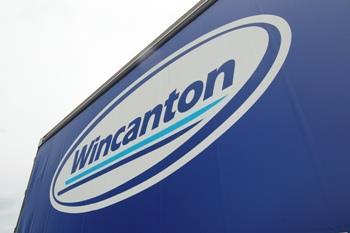
Wincanton has slammed the government’s forthcoming Lorry Road User Charge (LRUC) for not doing enough to level the playing field between UK and foreign operators.
In a blog on its website the largest UK-owned operator said that the widely reported charge of £10 per day for foreign lorries to run on British roads "ought to be four or five times that amount" to "have any real impact".
Later this month the government will publish draft legislation containing details about the LRUC. Last month new transport secretary Patrick McLoughlin confirmed the government’s commitment to the LRUC, saying the charge is needed to "create a level playing field, increasing UK competitiveness and boosting growth".
However Wincanton said: "We face a price differential of up to 15% when compared against some foreign hauliers who pay their drivers less, buy cheaper fuel outside the UK, and who generally have lower maintenance thresholds, leading to their lower operating costs".
The firm has also voiced its concerns about "unwanted red tape" when it comes to the administration of the scheme – asking who would "shoulder the burden" of the cost of implementing the LRUC.
"What would happen to the money after it is collected by foreign haulage companies?" the blog added. "It ought to go towards increased policing of foreign hauliers to ensure that both the vignette and cabotage rules are adhered to, and that the true rate of non-compliance is understood and addressed".
A corresponding cut in VED has been proposed to off-set the cost of the LRUC for UK hauliers but Wincanton warns that the unconnected removal of the reduced pollution certificate in 2016, a year after the latest date proposed for the introduction of the LRUC, will result in additional costs and a fall in residual values – leaving operators out of pocket at the same time as some fleets will have to pay more under new VED bands.













